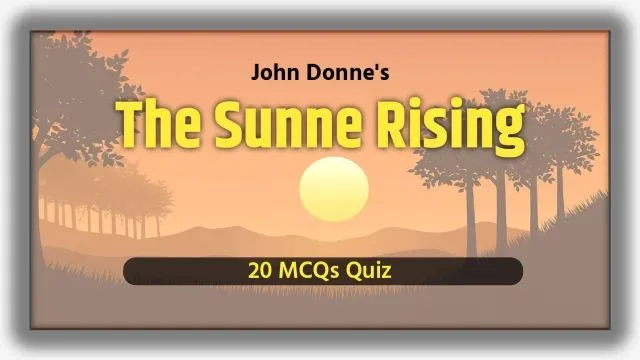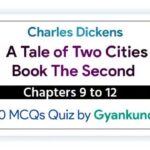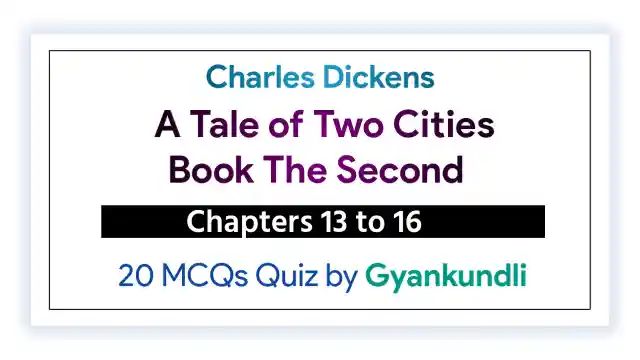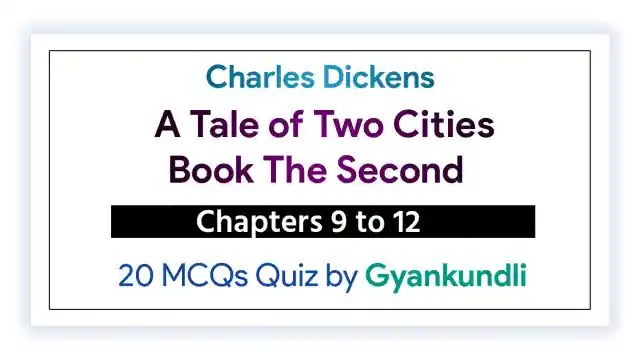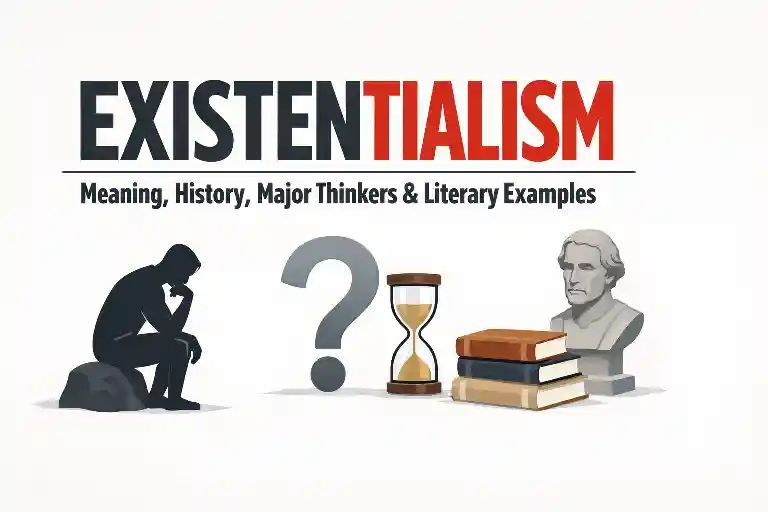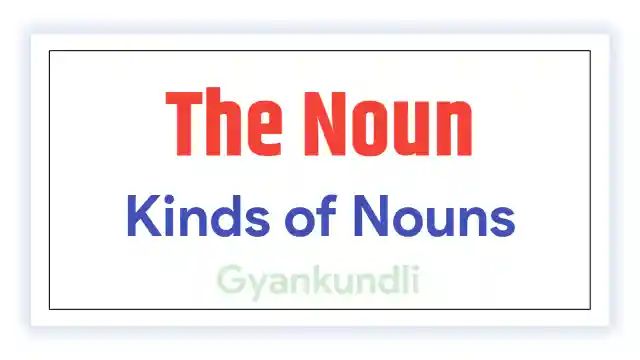The Sun Rising MCQ Quiz : John Donne, one of the greatest Metaphysical poets of the seventeenth century, wrote “The Sun Rising” as a passionate celebration of love. The poem presents the speaker’s irritation at the sun for disturbing him and his beloved. In a witty and intellectual tone, Donne shows how true love stands above time, seasons, and worldly power.
At the start, the speaker scolds the sun as a “Busy old fool” and a “Saucy pedantic wretch,” annoyed that its rays have interrupted the lovers’ peace. He tells the sun to go wake schoolboys, apprentices, or courtiers instead, declaring that love is beyond time and seasons—it makes its own world.
In the second stanza, the lover boasts that he could block the sun by blinking, but he will not, since he does not want to lose sight of his beloved. He tells the sun that if it looks around the world, it will find all treasures gathered in this room—his beloved is the source of all wealth and power.
In the final stanza, Donne presents the highest praise: “She’s all states, and all princes, I.” The lovers together represent the entire universe. The poet concludes that when the sun shines on them, it shines on the whole world, because their bed is now the centre of creation.
The poem combines intellect and emotion, wit and warmth—features typical of Donne’s metaphysical style. Through his arguments and imaginative conceits, Donne transforms an ordinary morning into a reflection on the supremacy of love.
Text of The Sun Rising MCQ Quiz
Busy old fool, unruly sun,
Why dost thou thus,
Through windows, and through curtains call on us?
Must to thy motions lovers’ seasons run?
Saucy pedantic wretch, go chide
Late school boys and sour prentices,
Go tell court huntsmen that the king will ride,
Call country ants to harvest offices,
Love, all alike, no season knows nor clime,
Nor hours, days, months, which are the rags of time.
Thy beams, so reverend and strong
Why shouldst thou think?
I could eclipse and cloud them with a wink,
But that I would not lose her sight so long;
If her eyes have not blinded thine,
Look, and tomorrow late, tell me,
Whether both th’ Indias of spice and mine
Be where thou leftst them, or lie here with me.
Ask for those kings whom thou saw’st yesterday,
And thou shalt hear, All here in one bed lay.
She’s all states, and all princes, I,
Nothing else is.
Princes do but play us; compared to this,
All honor’s mimic, all wealth alchemy.
Thou, sun, art half as happy as we,
In that the world’s contracted thus.
Thine age asks ease, and since thy duties be
To warm the world, that’s done in warming us.
Shine here to us, and thou art everywhere;
This bed thy center is, these walls, thy sphere.
Form, Meter, and Rhyme Scheme of The Sun Rising
“The Sun Rising” has 30 lines divided into three stanzas of ten lines each. The rhyme scheme of each stanza is ABBACDCDEE, blending Italian and English sonnet patterns.
The meter varies throughout the poem:
-
Lines 3, 4, and 7–10 in each stanza follow iambic pentameter (five feet per line).
-
Line 2 is in dimeter (two feet). For example, line 22—“Nothing else is”—uses a trochee (“Nothing”) followed by a spondee (“else is”), giving three stresses in two feet.
-
Lines 1, 5, and 6 are in tetrameter (four feet).
These rhythmic variations mark each stanza’s beginning and add musicality and emphasis to the poem’s argument.
The Sun Rising MCQ Quiz
Discover more from Gyankundli
Subscribe to get the latest posts sent to your email.
